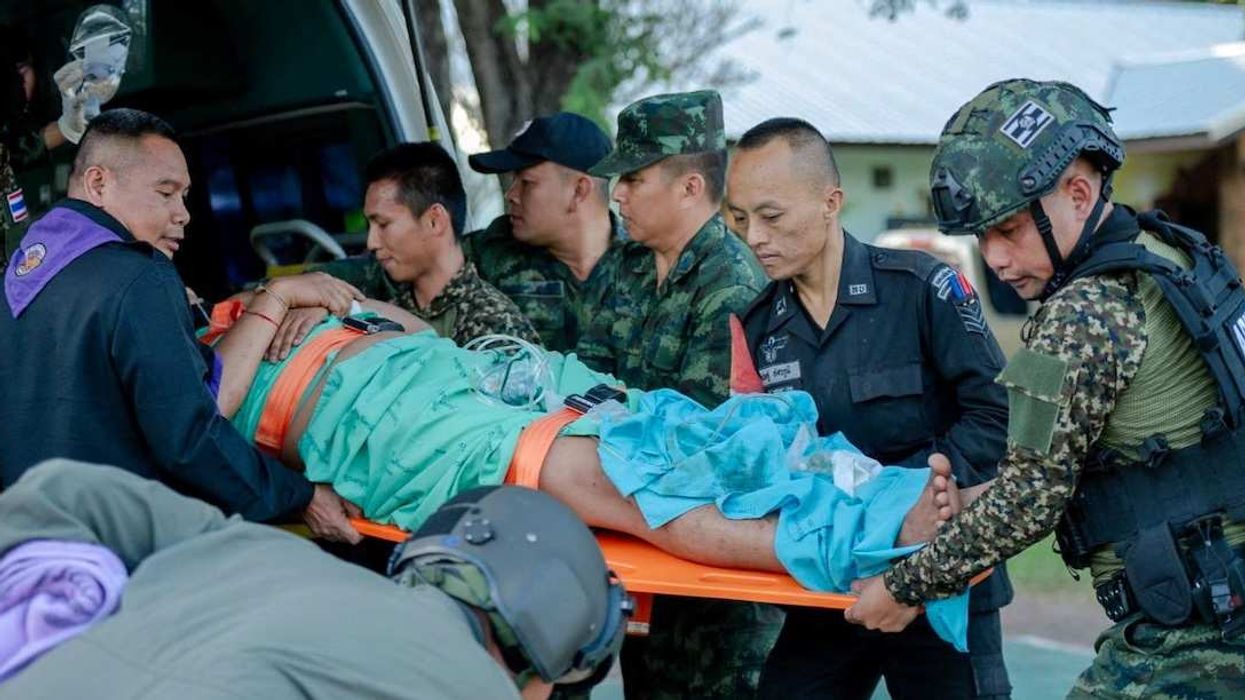Ultra-Orthodox men clashed with Israeli police Sunday night in Jerusalem as they protested last week’s Supreme Court decision ordering them to begin enlisting for military service.
Background: Military service is compulsory for most men and women in Israel. But Haredi political parties have wielded their political influence to preserve their military exemption. Around 14% of Israel’s 9.5 million-strong population are ultra-Orthodox, making it the fastest-growing segment of the population.
The community argues they contribute by preserving Jewish traditions and providing the state with divine protection through prayer, and its leaders worry that conscription could lead observers to become more secular. Nevertheless, the Supreme Court ruled there was no legal basis for the exemption.
The decision could undermine Prime Minister Benjamin Netanyahu’s already razor-thin governing coalition, as carving out exemptions to protect lifelong Torah study is one of the key political goals of his coalition’s two ultra-Orthodox political parties.
But secular politicians in the prime minister’s own Likud party are against any legislation to carve out new exemptions that would unequally distribute the burden of military service during Israel’s continuing war effort in Gaza and a growing threat from Lebanon.



















